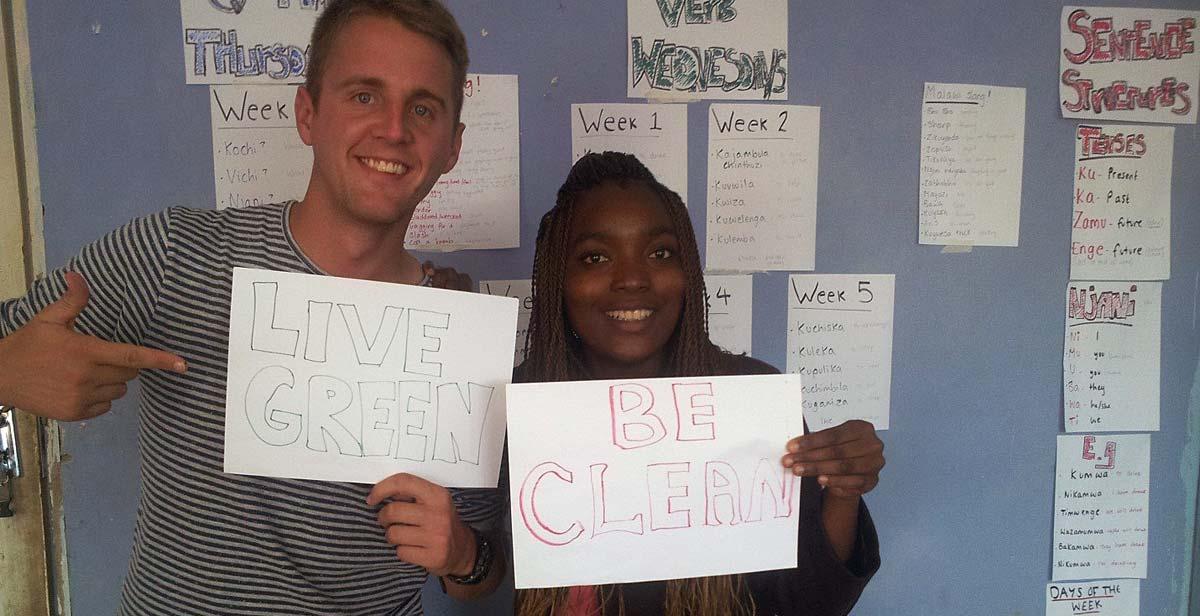As a Natural Resources Manager, I choose to define environment as anything that is not me. This definition frees me from exclusion-based ignorance. Everything therefore surrounding me needs to be taken care of. While we may think that our ecosystem is not quite as complex as a natural biome, of most surety we are connected to the whole planet. That is why if one of our strings in this web leads to pollution that effluent will come back to us in one form or another.
Trained as an Environmental Scientist, or perhaps to be more specific, Natural Resource Manager, I have always studied to rectify problems related to water, land, minerals, air and vegetation. The student mind never went that far to relate some of the environmental degradation problems to other global health problems like HIV & AIDS, which seem to have no connection to these phenomena. It was maybe out of syllabus. But not out of syllabus, maybe out of scope. Graduation from a paying institution, I hoped to rest for a little while. But what do you do when nature provides you with free education, except to learn? I have to learn through my ICS volunteering placement as a sexual health and peer educator that environmental degradation problems in the form of climate change has devastating effects on people affected and living with the virus/disease. The droughts, dry spells and general erratic rainfall causing floods affect human beings. But the intensity of the effects differs from one person to another based on the gender, age and health status. Quite a wide range of vulnerability to be explained in one piece of conversation. For now, let us reason together about the effects of environmental damage on the people living with the virus.
Imagine person living with HIV being evacuated to a camp site because of floods, a whole new environment for the individual. Living in a camp where there is no protection to the malicious mosquitoes, unhygienic conditions and overcrowded places. Continue imaging this person whose immune system is already impaired, passing through that stressful moment. Imagine them battling with opportunistic diseases such as malaria, diarrhoea and tuberculosis. What about food rationing, could they ever eat a well-balanced nutritious diet? Well, we just witnessed all of that here in Mzuzu City. Several people were relocated to camp sites due to floods and among them were HIV positive people. Maybe enough on the ‘flooded imagination’. Let us talk about dry spells. An infected person requires a well-balanced diet, as already highlighted. Most people living with the virus in Malawi or perhaps in most Sub-Saharan African countries rely on natural food substances grown in their own fields using rain fed agriculture. Due to the dry spells, or even drought experienced in most of these countries, these food supplies are becoming insufficient as well as expensive. They cannot manage to have a well-balanced diet. How about polluted air in our cities? All these have a greater impact on people living with HIV than on healthy persons.
Experience is forcing me to conclude that maybe it is high time we reflected on principles guiding our lifestyles. The polluter does not necessarily pay; it is the recipient who pays with his/her health. What if clean cities aren’t clean until they are green?
Written by ICS volunteer Aimloss Greyfield Banda
Blog:



